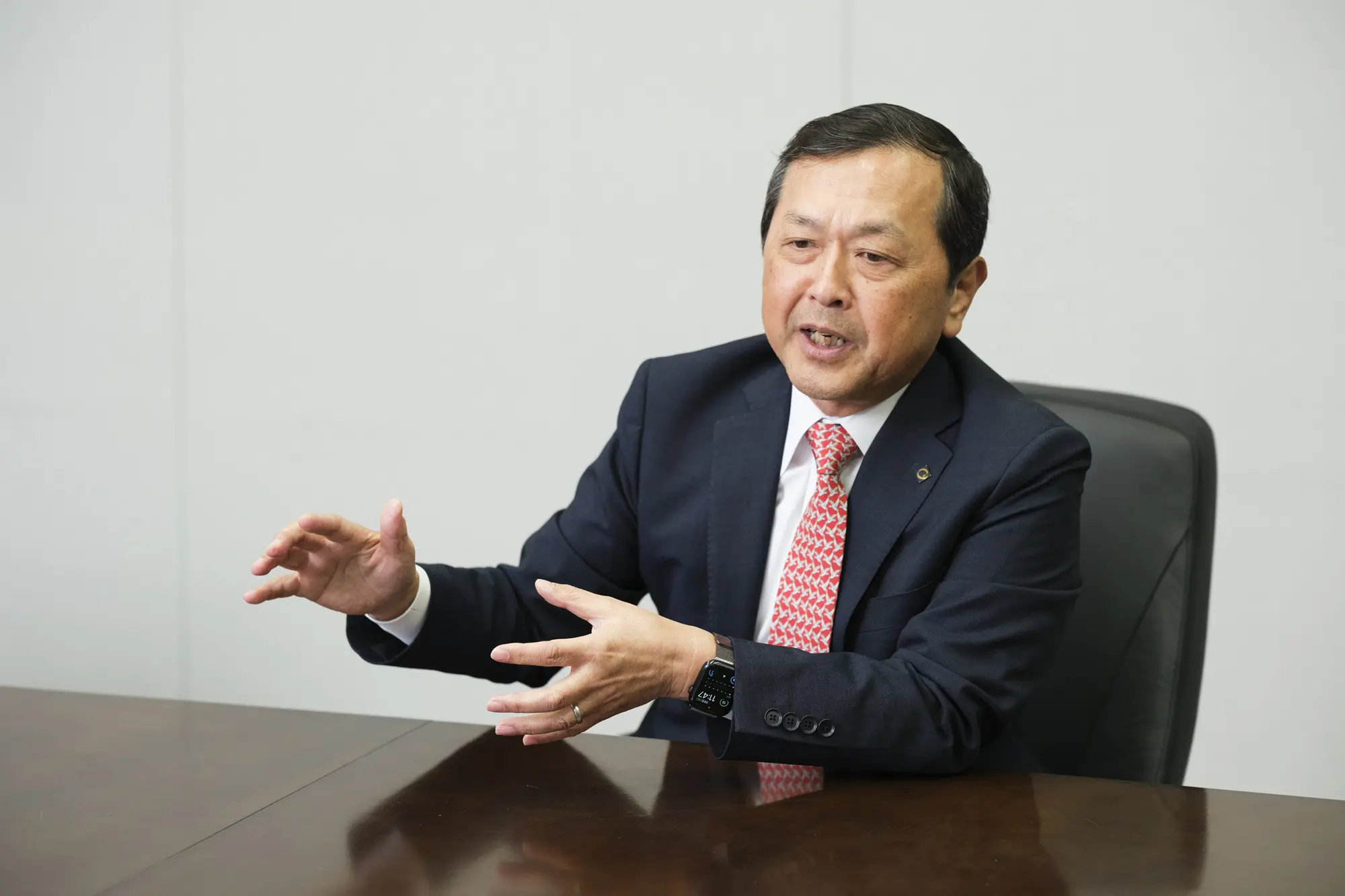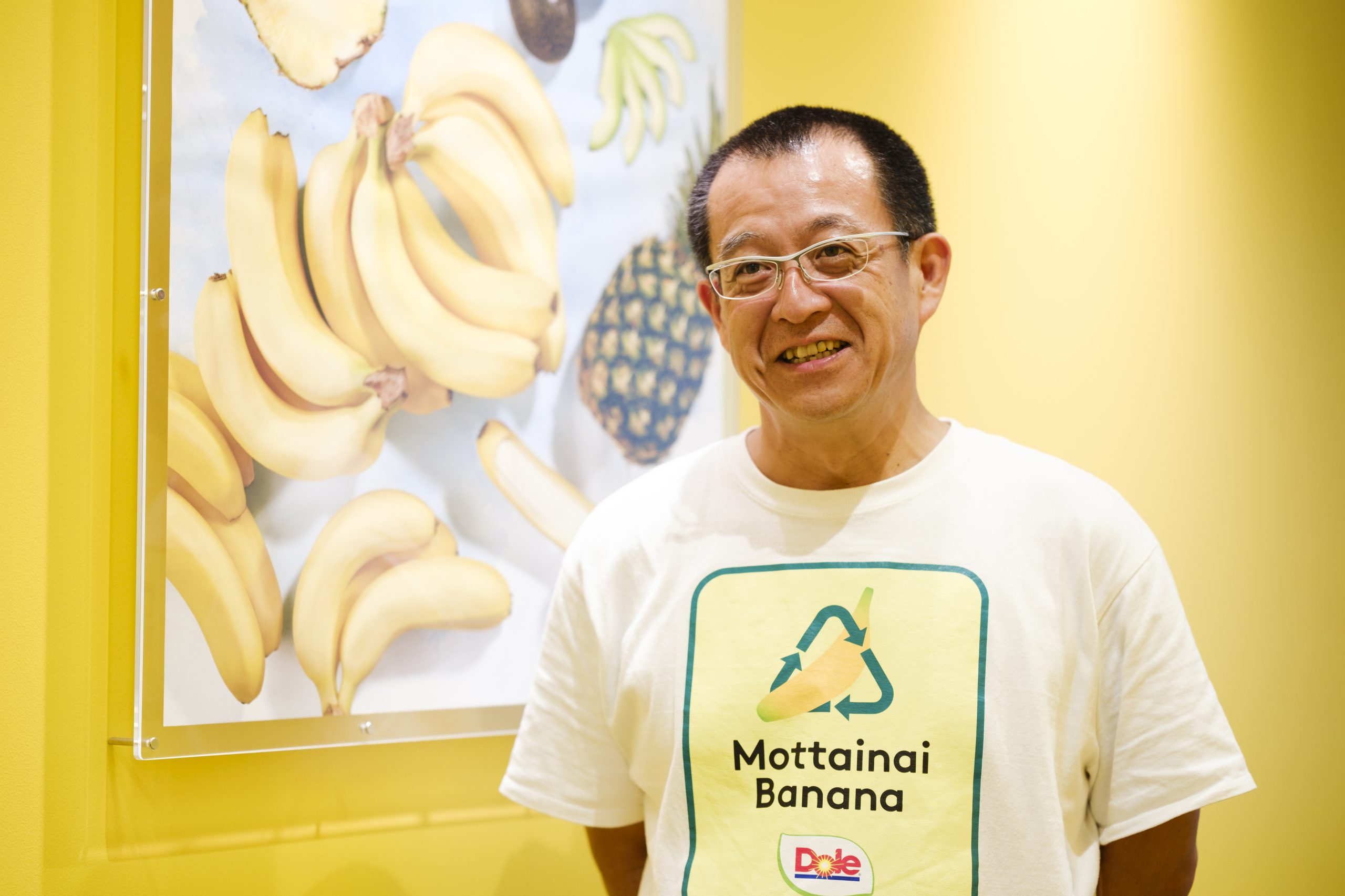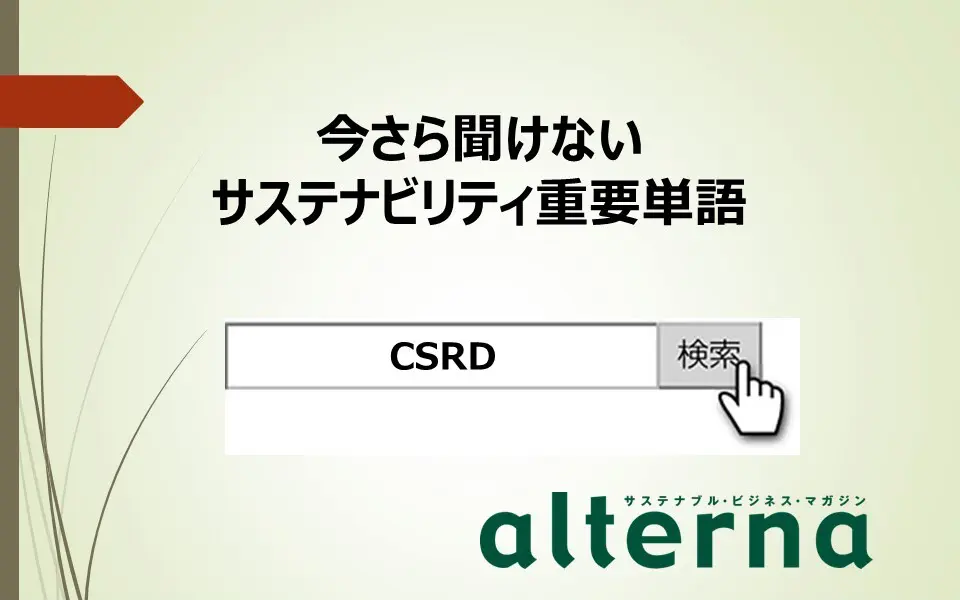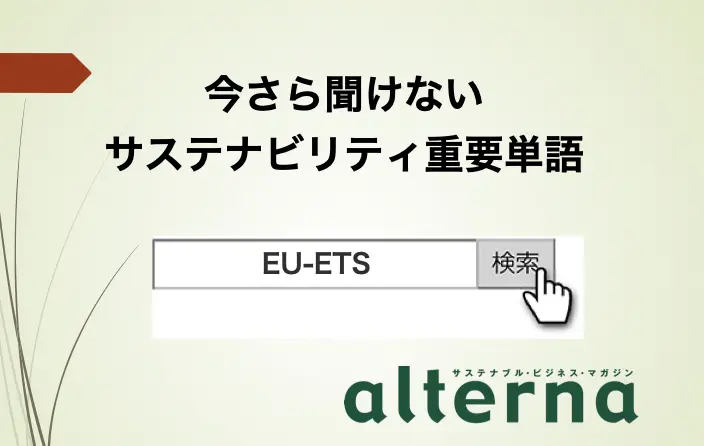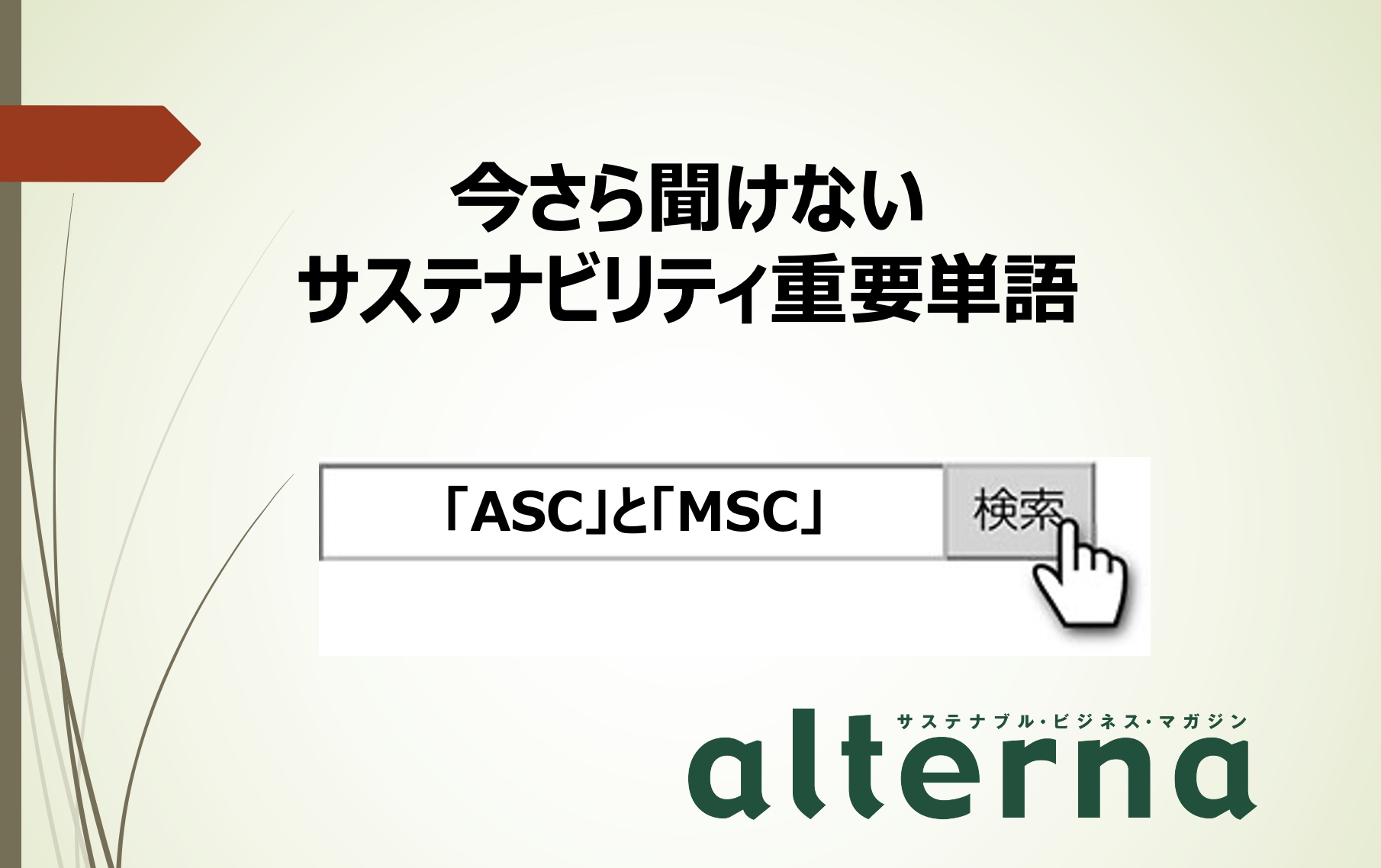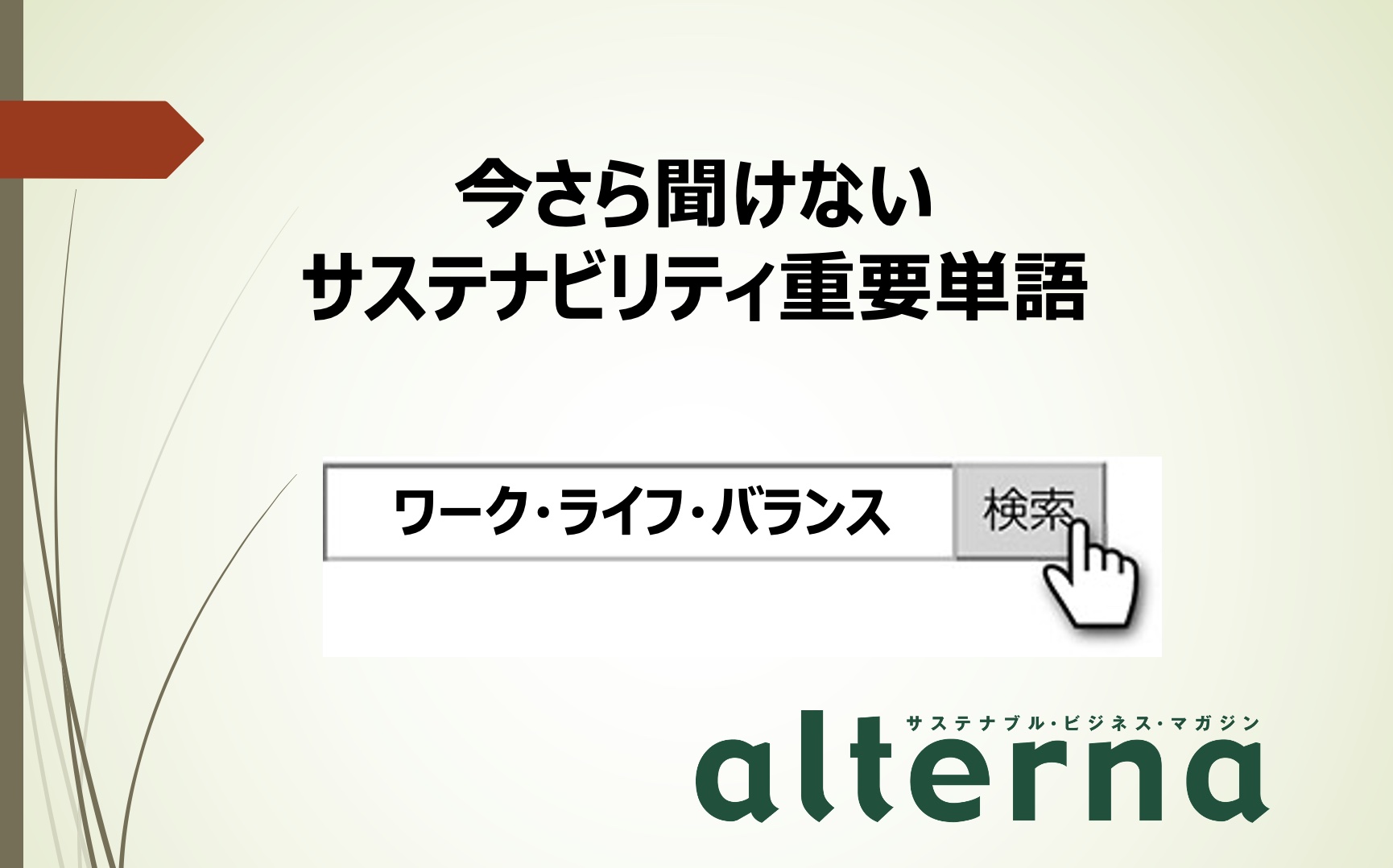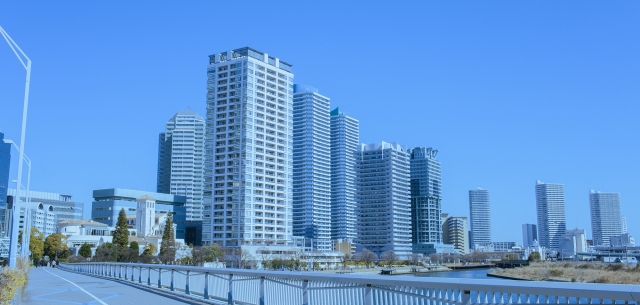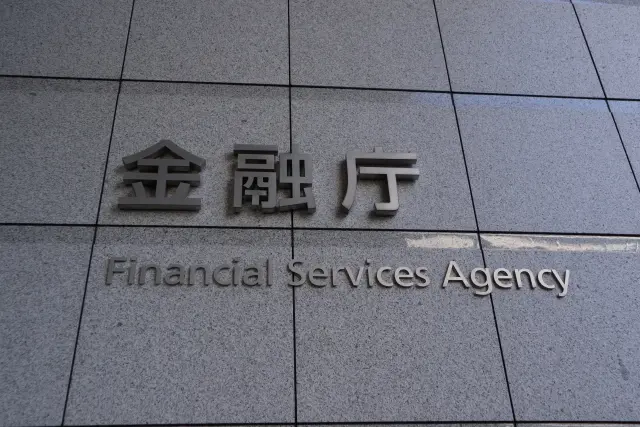■オルタナ式英単語
Sustainable Investment and ESG Investment?■
今月はChapter 1, Lesson 9 ‟Sustainable Investment and ESG Investment”「サステナブル投資とESG投資」を読みます。ESG投資とは、経済産業省のサイトの説明によれば、「従来の財務情報だけでなく、環境(Environment)・社会(Social)・ガバナンス(Governance)要素も考慮した投資」を指します。欧州などに比べると、日本におけるESG投資は後れを取っているといえますが、制度等の改正により状況にも変化がみられます。
【語注】
pension fund 年金基金
assessment 評価、査定
originate from ~から始まる、~が起源である
civil rights movement 公民権運動
napalm ammunition ナパーム弾
divest 持ち株を処分、売却する (disinvestとも)
Responsible Investment Index 責任投資指数
lagged far behind 後れを取る
trustee 受託者
社会的責任投資(SRI)からESG投資へSustainable investment means that pension funds, financial institutions, and individual investors make decisions on which companies to invest in based on their assessment on how they attempt to solve social problems. Formerly known as “socially responsible investing” (SRI) from a perceptive of corporate social responsibility, it has become named “sustainable investing” as the concept of sustainability has been a global priority since 2000.
【訳】
サステナブル投資とは、年金基金、金融機関、個人投資家が投資対象企業を選定する際に、企業の社会課題への取り組みに対する評価をベースにして決めることです。以前は企業の社会的責任の観点から「社会的責任投資(SRI)」として知られていましたが、2000年ころからサステナビリティが世界的優先課題となったことで、「サステナブル投資」と呼ばれるようになりました。
SRI とは株主の立場・権利を行使して、経営陣が企業の社会的責任(CSR)に配慮しサステナブルな経営を行うように求める投資を意味します。
SRI originated from negative screenings by the U.S. Christian Church funds in the 1920s that excluded companies involved in gambling, weapons, alcohol, and tobacco from investment.
【訳】
SRIは1920年代に、米国キリスト教会系資金がギャンブル、武器、酒、たばこ関連企業を投資から除くネガティブ・スクリーニングを行ったことから始まりました。negative screeningネガティブ・スクリーニングとは、あらかじめESGに照らして基準を設け、それを満たさない企業を投資先から排除することです。ネガティブ・スクリーニングで排除される事業には、ここに挙げられているように、ギャンブルやアルコール、たばこのほか、原子力発電などが含まれます。
In the 1960s and 1980s, social movements became active, including protests against the Vietnam War, the civil rights movement, South African apartheid (racial segregation policy) issues, and environmental issues. They stopped the investment in companies making napalm ammunition and companies expanding into South Africa. Recently, in 2012, the investment in companies that produce firearms was banned by the U.S. California Teachers Retirement System after mass shooting at school,
【訳】
1960~80年代、ベトナム反戦運動、公民権運動、南アフリカのアパルトヘイト問題、環境問題などの社会運動がさかんとなり、ナパーム弾製造企業や南アフリカ進出企業への投資を中止しました。最近では、2012年、学校での銃乱射事件を機に、米カリフォルニア州教職員退職制度が銃器製造企業への投資を禁じました。
Japan is the only country in the OECD where new coal-fired power plants are planned to be built. On the other hand, currently around the world holdings involved in coal and coal-fired power generation that emit large amounts of greenhouse gases (GHG) have been largely divested.
【訳】
日本はOECD加盟国のなかでも石炭火力発電所の建設が予定されている唯一の国です。他方、温室効果ガスの排出量が多い石炭や石炭火力発電関連企業の株式を売却する動きも世界的に広がっています。divestは持ち株を売却、処分することですが、とくに最近、「化石燃料ダイベストメント」「石炭ダイベストメント」のように、気候変動や二酸化炭素排出量の削減など環境課題への関心が高まることを考えて、将来資産価値が毀損するだろう株を手放す(ダイベストメント)という意味で用いられる場合が多いです。
Around the year 2000, positive screening methods for evaluating the positive aspects of a company became widespread across the world. Responsible Investment Index which was based on this idea has been also introduced. In 2000, the Pensions Act was amended in the UK that required disclosure of social, environmental and ethical considerations. Similar trends have expanded across European countries, which led to the spread of SRI to pension funds.
【訳】
2000年前後には、企業の良い面を評価するポジティブ・スクリーニング手法が広まり、これに基づく責任投資指数が導入されました。2000年には英国で年金法が改正され、投資プロセスにおいて倫理、社会、環境といった課題に対する配慮について開示が求められるようになりました。同様の動きが欧州各国に広がり、年金基金にSRIが広まりました。positive screeningポジティブ・スクリーニングとは上記ネガティブ・スクリーニングとは逆に、ESG投資の観点からみてすぐれた企業に投資することです。
ESGが投資の重要な基準に
In 2006, the United Nations Principles for Responsible Investment (PRI) was launched to promote the idea of ESG investment that takes into account environmental, social and governance considerations in its investment analysis and decision-making.
【訳】
2006年には国連責任投資原則(UNPRI)がスタートしました。これは投資の分析と意思決定に環境・社会・ガバナンスを考慮するESG投資を広げる取り組みです。UNPRIとは、投資家として環境、社会、企業統治に関して責任ある投資行動をとることを宣言するもので、「私達は、投資分析と意志決定のプロセスにESG課題を組み込みます」「私達は、活動的な株式所有者になり、株式の所有方針と株式の所有慣習にESG課題を組み入れます」「私達は、投資対象の主体に対してESG課題について適切な開示を求めます」など6つの原則からなります。当時の国際連合事務総長コフィー・アナンが金融業界に対して提唱しました。
日本のESG投資が本格化
Japan lagged far behind European countries in terms of SRI and ESG investment. Now the situation of Japanese ESG investment has been changed, as “Principles of Responsible Institutional Investors” was published for corporate investors in 2014, “Corporate Governance Code” was released for companies in 2015, and the GPIF (Pension Fund Management Institute) signed the PRI in September 2015 to urge the trustee institutions that manage its funds to make ESG investments. In 2017 and 2018, a significant progress has been made. The Financial Services Agency revised both codes, the Ministry of Economy, Trade and Industry and the Ministry of the Environment have also advanced the initiatives further. In addition, the Japan Exchange Group joined the United Nations Sustainable Stock Exchange Initiative (SSE).
【訳】
日本は欧州に比べSRIやESG投資で大きく出遅れていましたが、2014年機関投資家が取り組む「責任ある機関投資家」の諸原則が、2015年に企業が取り組む「コーポレートガバナンスコード」が発表され、2015年9月にGRIF(年金積立金管理運用独立行政法人) がPRIに署名し、資金を運用する受託機関に対してESG投資を働きかけたことで状況は変わりました。2017年、2018年には大きな進展が見られました。金融庁が両コードを改訂し、経産省、環境省による取り組みが進み、日本取引所グループが国連の「持続可能な証券取引所イニシアティブ(SSEイニシアティブ)」に参加しました。Japan Exchange Groupは「日本取引所グループ」。日本取引所グループの発表によれば、SSEイニシアティブとは、証券取引所がサステナブルな社会の構築に向けて投資家や上場会社などのステークホルダーと協働しながら、主体的にその取組を検討していく活動を指します。サステナブル投資の促進、上場会社のESG情報の透明化を通じた企業価値の向上などを目的に、参加証券取引所間の情報交換やステークホルダーと協同した調査研究やイベント開催を行っています。Sustainable Stock Exchanges Initiativeへの参加について | 日本取引所グループ (jpx.co.jp)
なお、NPO 法人 日本サステナブル投資フォーラの調査によると、2020年、日本におけるサステナブル投資は310兆円強となっています。201125.pdf (japansif.com)
今月はここまでです。次回は9月、少しはしのぎやすくなっていることを念じつつ。皆さんどうぞ体調を崩されませんように!



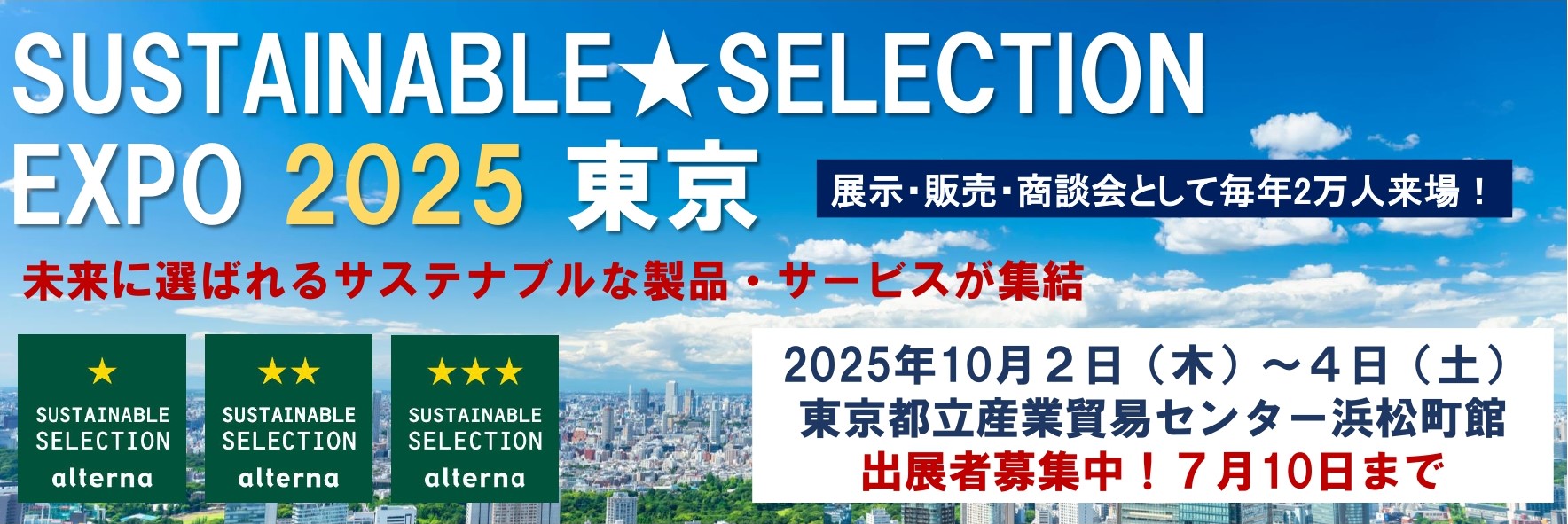
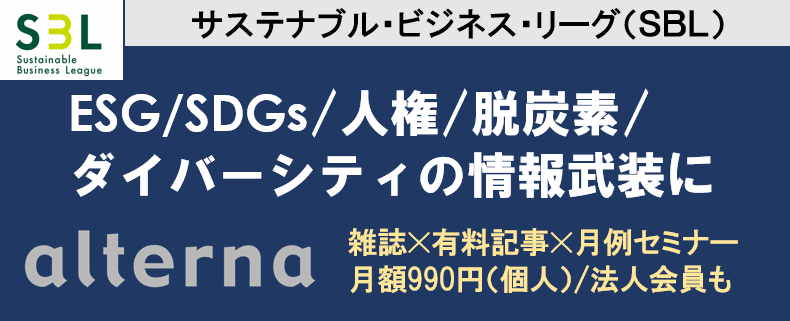

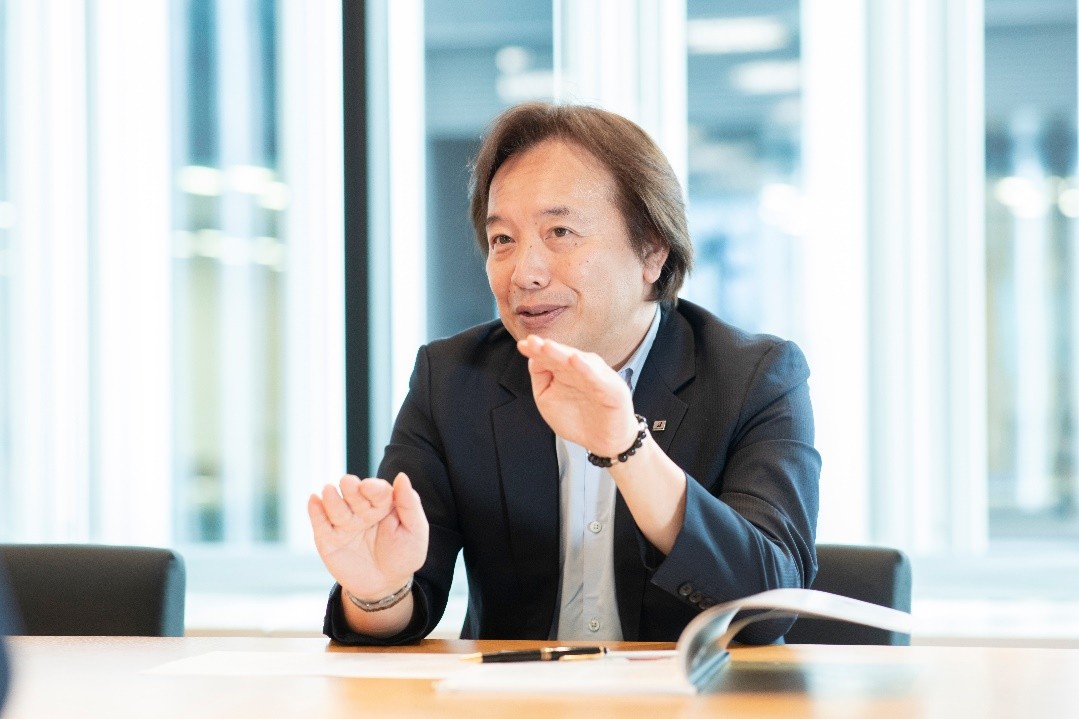

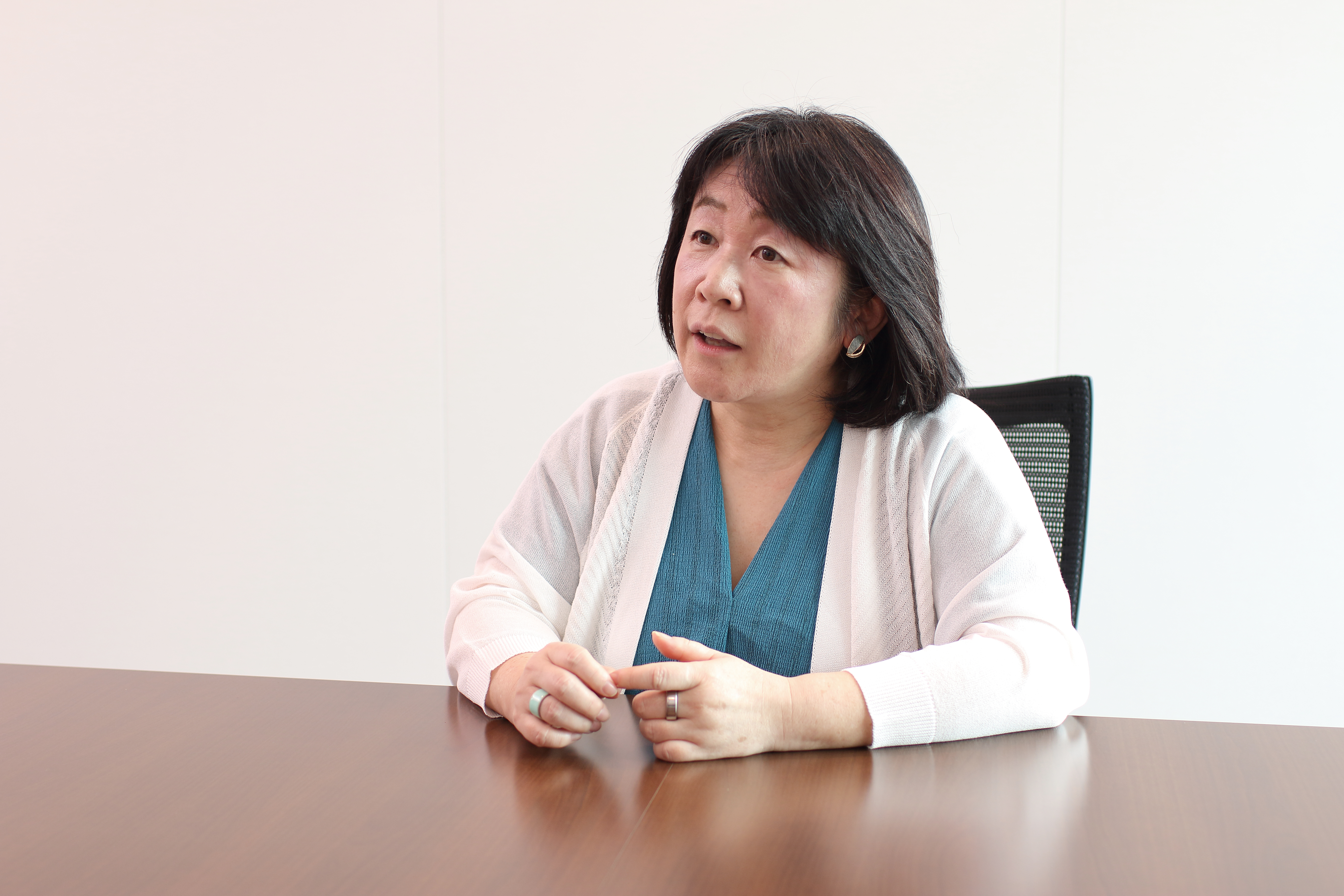
-1-scaled.jpg)

-scaled.jpg)
